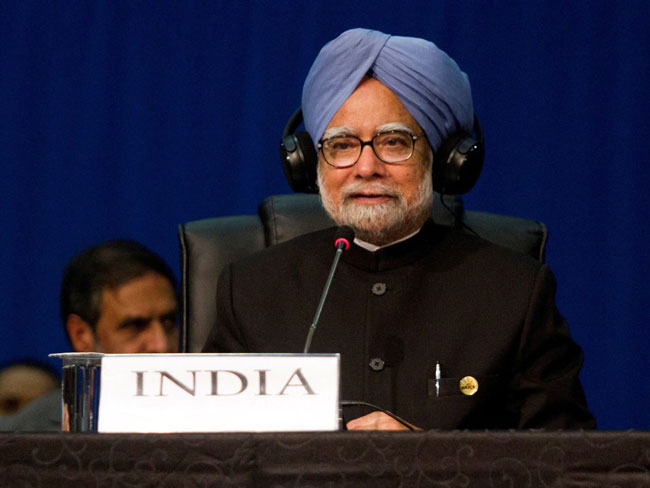In June 1991, after attending a conference in the Netherlands, Manmohan Singh returned to Delhi. That night, he went to rest. Meanwhile, his son-in-law Vijay Tankha received a phone call from P.C. Alexander, a close associate of then Prime Minister P.V. Narasimha Rao. Alexander urged him to wake up Manmohan Singh. Initially, Singh didn’t take the call seriously. However, a few hours later, he met with P.C. Alexander.
On June 21, 1991, Manmohan Singh was at his UGC office when he was informed to go home, change his clothes, and attend a swearing-in ceremony as the new Finance Minister. In his autobiography “Strictly Personal: Manmohan & Gursharan,” Singh recalled the moment, stating, “Everyone was shocked when they saw me in the new government’s cabinet. Later, I was directly informed by Narasimha Rao that I was going to be the Finance Minister.”
This appointment marked a pivotal moment in India’s economic history. The country was facing a severe economic crisis, with foreign exchange reserves plummeting to around ₹2,500 crores. The World Bank had refused to extend loans, and inflation had reached record levels.
Manmohan Singh took this challenging situation head-on, having already devised strategies to address the crisis. The budget he presented charted a new course for the Indian economy. Under his leadership and that of Narasimha Rao, India bid farewell to the License Raj in 1991 and took the first steps toward a free-market economy.
Manmohan Singh implemented several reforms, including reducing inflation and removing export controls. These measures opened the doors for foreign investment and dismantled government monopolies in various sectors. The privatization of public sector companies also began.
On July 24, 1991, Manmohan Singh presented his first budget. This budget facilitated the process for Indian companies to raise capital by establishing the Securities and Exchange Board of India (SEBI). A new committee for the financial sector was formed, which would help shape the framework for future economic reforms. The budget focused on reducing government expenditure and enforcing fiscal discipline.
The duo of Manmohan Singh and P.V. Narasimha Rao gave India a new global economic identity, and the 1991 reforms established the country as a growing economic power.




